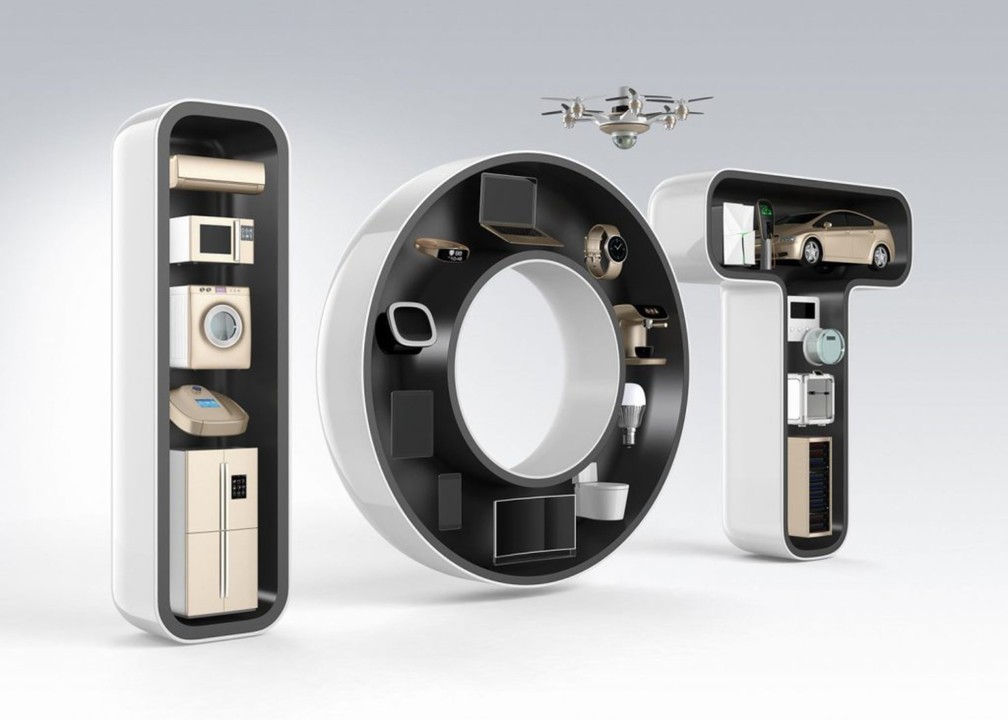
Owned: How the Internet of Things Took Our Property and Privacy
Every quarter, the Future of Privacy Forum's Capital-Area Academic Network hosts a leading scholar for a discussion of their research. Next week, we are excited to have with us Professor Joshua Fairfield of Washington and Lee School of Law. Professor Fairfield has a new book coming out soon titled "Owned: How the Internet of Things Took Our Property and Privacy".
In the book, Professor Fairfield examines the constantly shifting relationship between property and privacy. He suggests that property can be used as a bulwark, a shield, a floor, and a foundation for privacy. Property law’s characteristics of clarity, robustness, and default exclusion help to fortify privacy rights that are fuzzy and fragile, rights that too often operate only when the consumer has taken costly steps to protect her interests. Property law serves to shore up privacy's weakest points.
Will the service related models of smart devices, the sunsetting of operating systems and data ownership terms mean that individuals no longer own their devices, home equipment and data?
Do you agree? Join us in DC to discuss!
Joshua Fairfield
is an internationally recognized law and technology scholar, specializing in digital property, electronic contract, big data privacy, and virtual communities. He has written on the law and regulation of e-commerce and online contracts and on the application of standard economic models to virtual environments. Professor Fairfield’s current research focuses on big data privacy models and the next generation of legal applications for cryptocurrencies. His articles on protecting consumer interests in an age of mass-market consumer contracting regularly appear in top law and law-and-technology journals, and policy pieces on consumer protection and technology have appeared in the New York Times, Forbes, and the Financial Times, among other outlets. Before entering the law, Professor Fairfield was a technology entrepreneur, serving as the director of research and development for language-learning software company Rosetta Stone.
Professor Fairfield consults with U.S. government agencies, including the White House Office of Technology and the Homeland Security Privacy Office, on national security, privacy, and law enforcement within online communities and as well as on strategies for protecting children online. From 2009 to 2012, he provided privacy and civil liberties oversight for Intelligence Advance Research Project Activity (IARPA) research programs in virtual worlds. In 2012-13 he was awarded a Fulbright Grant to study trans-Atlantic privacy law at the Max Planck Institute for Research on Collective Goods in Bonn, Germany. He was elected a member of the American Law Institute in 2013.
* * * *
Lunch will be served.
- Jules Polonetsky is CEO of the Future of Privacy Forum
Owner, MAG3 Notary Services (Retired from the IT profession)
7yThe answer is very simple. Know the devices you intend to own, know what they do and know how they compromise your privacy. Ask yourself, does this "smart device" truly "add value" to my life, over the "dumb device" equivalent. If it doesn't, then don't buy/own it. If it does add value, then you have to decide if the value it adds is worth the cost of your privacy. We, as consumers have the power to stop the invasion of privacy, simply by refusing to buy/own these devices. We can also petition our legislators to introduce stronger privacy laws. A Herculean effort maybe... but if preservation of privacy is important to you, you need to make the effort to try, and make that effort before it's too late.